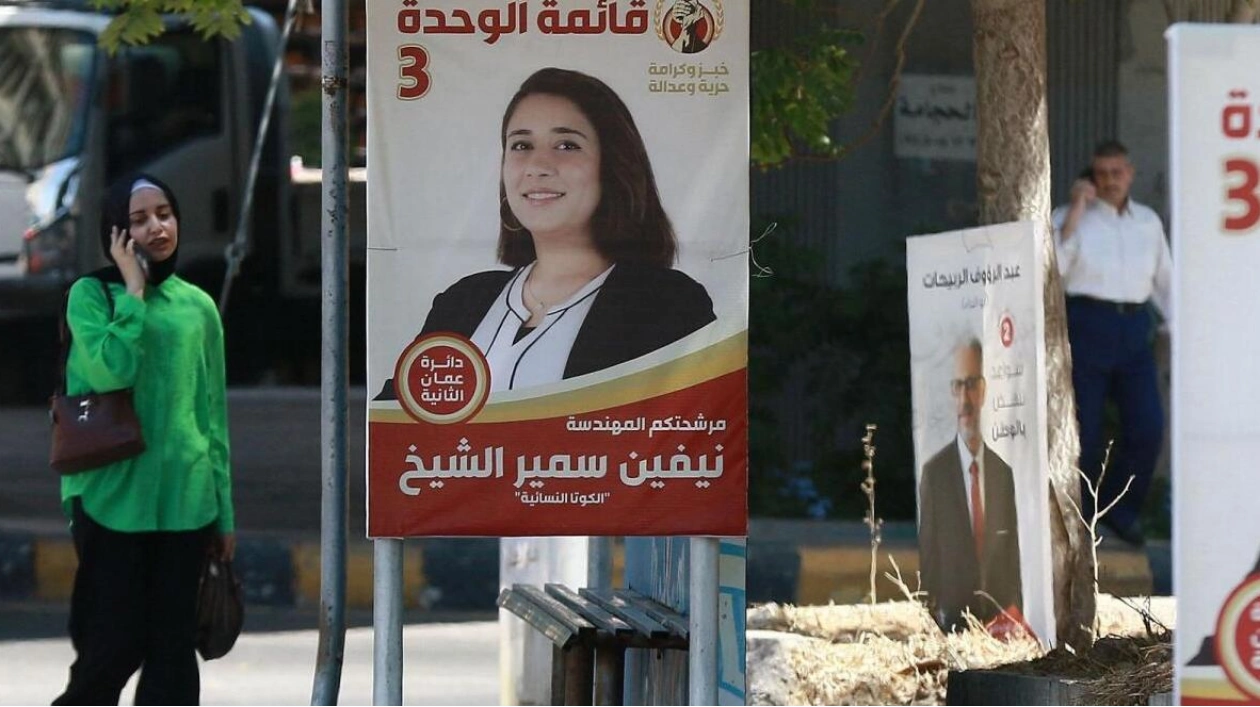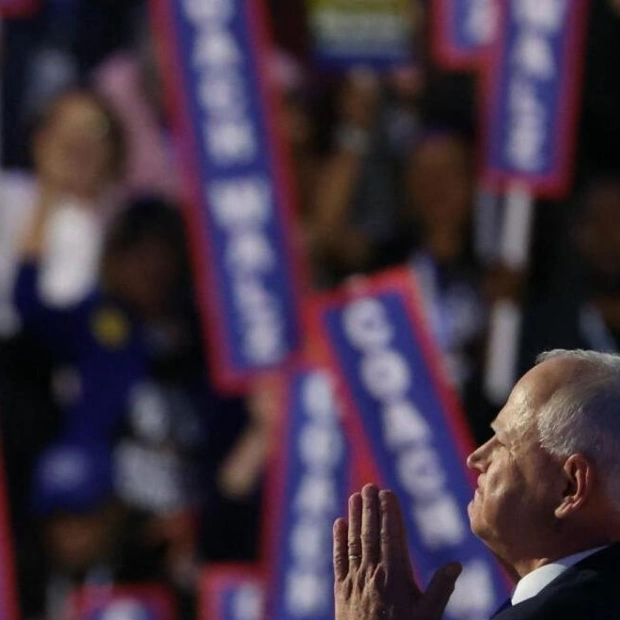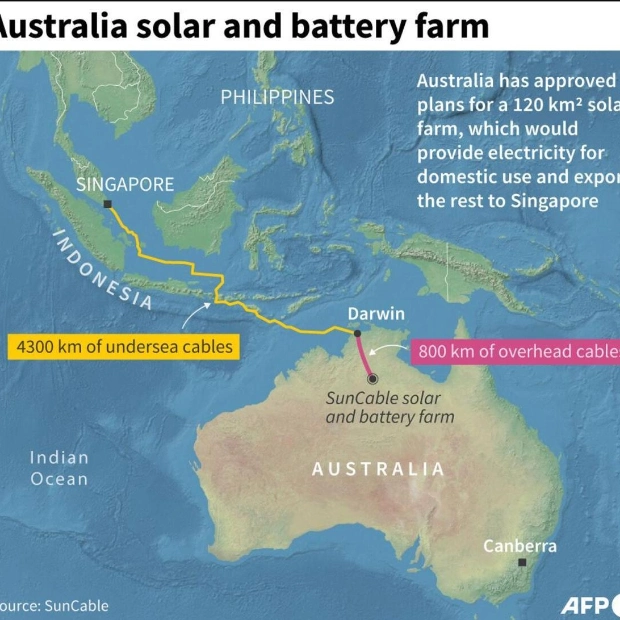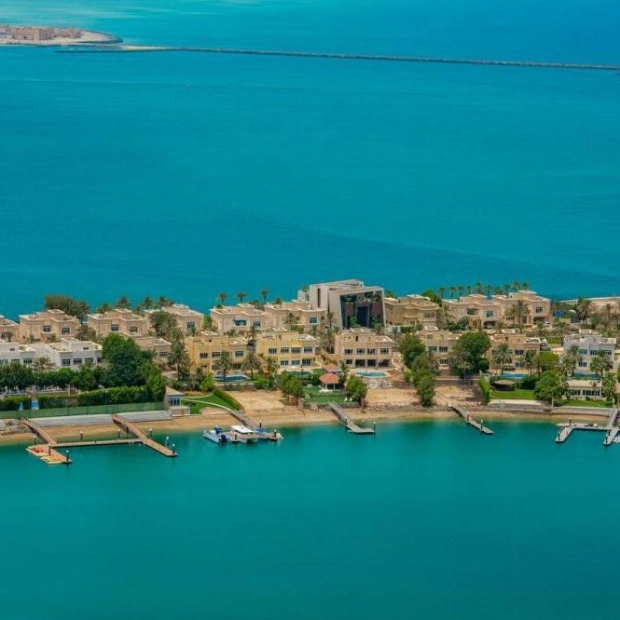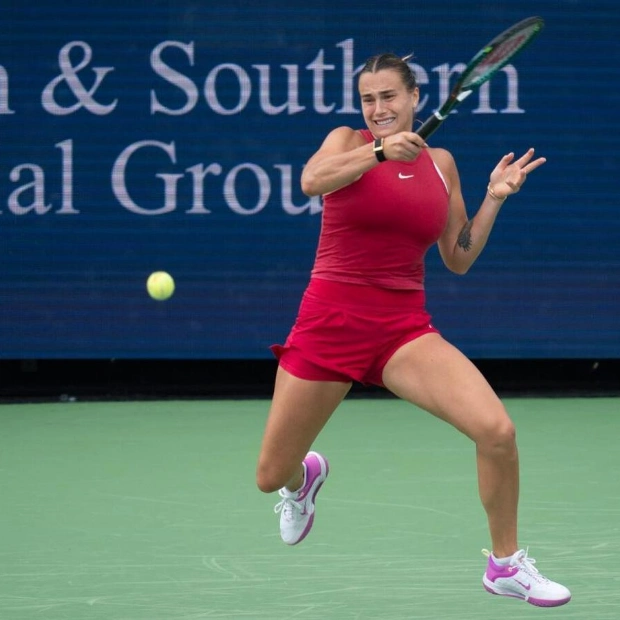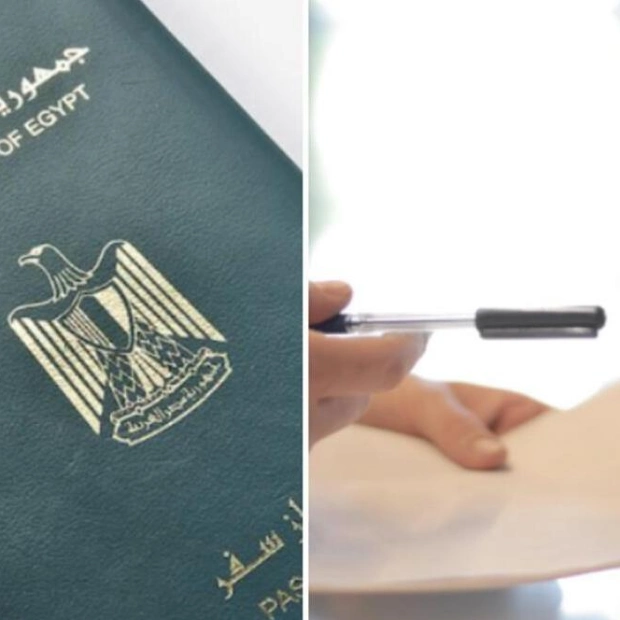Jordanians are set to cast their votes on Tuesday for a new parliament, amidst widespread discontent over a sluggish economy and the ongoing conflict in Gaza. Just two days before the election, a rare outbreak of violence saw a Jordanian national kill three Israeli guards at the border crossing between Jordan and the occupied West Bank. These elections, held every four years, mark the first under a law enacted in January 2022, which expanded the number of parliamentary seats, reserved more for women, and lowered the minimum age for candidates. Among those vying for office are representatives from major Jordanian tribes, centrists, pro-government candidates, as well as independents, leftists, and members of the Islamic Action Front (IAF), the political wing of the Muslim Brotherhood and the largest opposition party.
In a bustling market in central Amman, where campaign posters were prominently displayed, locals voiced mixed sentiments about participating in the elections. 'Elections are crucial and vital. They are our chance to be heard and select who will represent us in parliament, even though we harbor doubts about significant change,' remarked 65-year-old retiree Issa Ahmed. He is among the over 5.1 million registered voters in a country of 11.5 million, according to the election commission. 'Our nation, sadly, is encircled by a series of crises and perpetual wars,' he told AFP.
Israel's lethal military campaign in the Gaza Strip since October 7 has incensed many Jordanian voters, nearly half of whom are of Palestinian descent. 'The daily killings, destruction, and tragedies unfolding in Gaza, broadcasted daily on television, evoke feelings of pain, helplessness, humiliation, and degradation, causing us to overlook the elections and everything else happening around us,' said Omar Mohammed, a 43-year-old civil servant. 'I feel bitterness. I am still uncertain if I will vote in these elections,' he added.
On Sunday, Jordan confirmed that one of its citizens, Maher Diab Al Jazi, was the truck driver who shot three Israeli security guards at the King Hussein Bridge leading into the West Bank, also known as the Allenby Bridge crossing. The Jordanian interior ministry, citing a preliminary investigation, stated that he acted alone. The war in Gaza and escalating tensions in the West Bank have become central issues for some candidates in Jordan's election.
'The Gaza war and the Palestinian cause are pivotal in the Jordanian elections, as all attention and thoughts are focused on Gaza and Palestine and the massacres occurring there against the Palestinian people,' explained Saleh Armouti, a former MP and current IAF candidate, to AFP. 'The elections... should not be postponed and serve the Palestinian cause and the region, but I also worry that some may abstain from voting due to these events,' he added.
Despite the presence of the customary white tents associated with election campaigns—where coffee, the popular Jordanian dish mansaf, and the cheesy dessert kunafa are served—fewer people are present compared to previous years. The prolonged war in Gaza has also severely impacted tourism in Jordan, a sector that contributes about 14 percent to the country's GDP. This has resulted in a decline in revenues in a country where public debt is nearing $50 billion and unemployment reached 21 percent in the first quarter of this year. The economy heavily relies on foreign aid, particularly from the United States and the International Monetary Fund.
Oraib Rantawi, an analyst and head of the Amman-based Al Quds Center for Political Studies, believes that a segment of Jordanian society 'thinks that what is happening in Gaza is more important to follow, and thus has paid less attention to the elections and might abstain from participating.' He predicts that political groups vocal on Gaza will benefit, like the Islamists, 'but not to a degree that raises concerns as some parties fear.' 'The improvement in these forces' status and parliamentary representation will be modest,' he told AFP.
